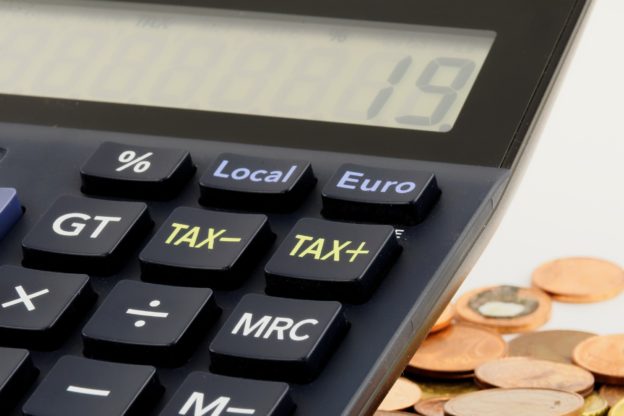In application of article 302M quater of the General Tax Code, introduced by the Finance law for 2020, a decree has just been adopted (No 2020-338 of March 26, 2020: article 111 septdecies, Annex III of the General Tax Code) aimed at simplifying the tax treatment of wine & alcohol flows.
Thus, by way of derogation, article 302 M quater allows companies carrying out distance sales of wines and spirits, to use a commercial document instead of the simplified accompanying taxl document (SAD) for flows of duties paid to destination of individuals.
Companies can therefore use a single document instead of two beforehand, provided that the mandatory information included in this decree is included. Among these, the express mention “distance selling of excisable products”.
For distance sales to individuals established in other Member States of the European Union, specific information is required, and in particular:
“1- The identification number, the name, the denomination or the corporate name and the address of the sender’s fiscal representative, when recourse to the latter is required by the Member State of destination of the excisable products ;
“2- The competent office in the Member State of destination to which the excise duties were guaranteed prior to dispatch;
“3- The reference number or any other element clearly identifying the guarantee lodged by the sender or his tax representative in the Member State of destination.”
While it is undeniable that this new French measure constitutes an interesting administrative simplification, the European distance selling system as defined by article 36 of Directive 2008/118 / EC remains too restrictive and unsuitable for the business model of e-commerce of these products.
While the VAT “MOSS, Mini One Stop Shop” will come into force on January 1, 2021, it is regrettable that for the excise duties applicable to wines and alcohols, the seller who is liable for this tax in the Member State of consumption, is still obliged to designate a tax representative in each Member State where it makes sales to individuals.
Based on the MOSS model, the seller should be able to meet all of its excise tax obligations in a single Member State (of its choice). Correlatively, the guarantee of tax collection would be ensured since the “centralizing” Member State receives a sales listing which makes it possible to secure the payment of these consumption rights while carrying out useful cross-checks with the abovementioned commercial document.
The new directive relating to the general regime for excisable products (EU/2020/262) which will enter into force on January 1, 2023 does not provide any simplification in terms of distance selling of wines and alcohols except through bilateral or multilateral agreements between Member States. France, which has planned to transfer the declaration and collection of excise duties applicable to alcohols, from the customs administration to the tax administration from January 2024, could play an important role in the establishment of simplification agreements based on the MOSS model.
***

